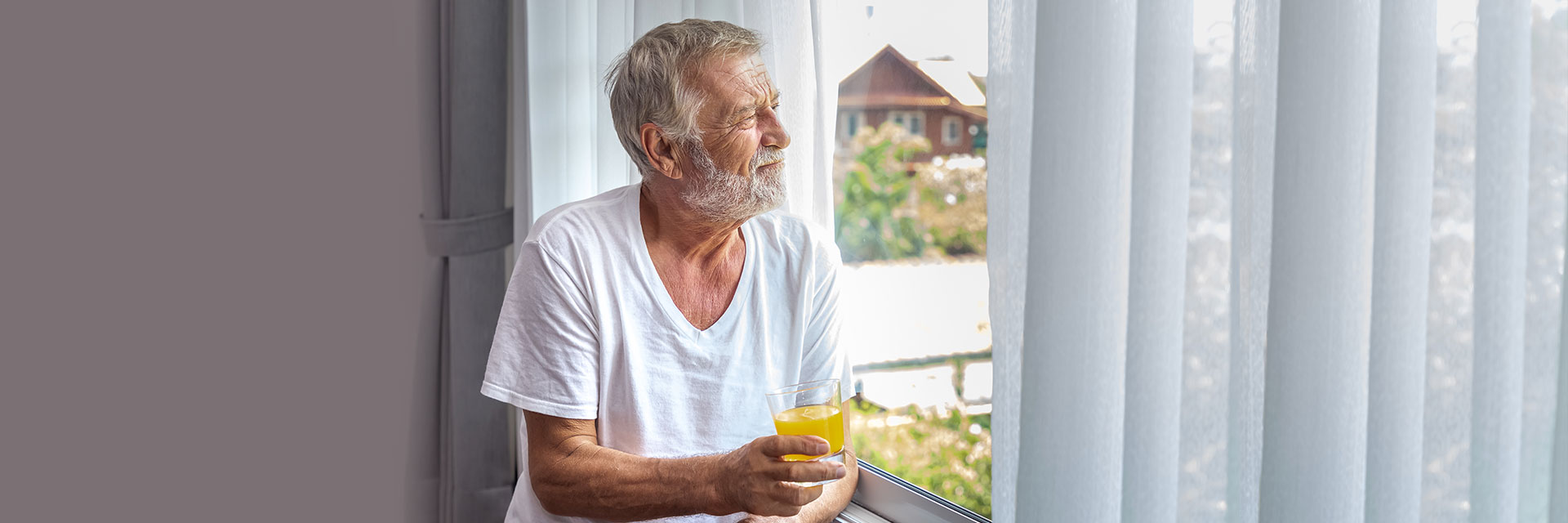According to the Centers for Disease Control and Prevention, 35 percent of adults in the United States report getting less than seven hours of sleep in an average 24-hour period. In addition, as many as 23 percent only sleep six hours per night, and 12 percent get only five hours of shuteye per night.
But did you know better sleep actually starts first thing in the morning? And no, we don’t mean when you hit the snooze button three times for “five more minutes” of sleep. Whether you’re a morning person or not, there are some things you can do every morning to help set yourself up for better sleep later that night.
Understanding Your Body’s Internal Clock
Good-quality sleep typically follows when you do what aligns well with your circadian rhythm. You can think of your circadian rhythm as a big 24-hour clock that has the power to make you feel sleepy at night and awake during the day.
Your best shot at getting some good quality shut-eye later in the day starts in the morning with a few factors such as light, temperature, food, schedule, and social interaction. When you incorporate these things into your morning, it can cue your body that this is the time to be awake, which can, in turn, also let your body know when it’s time to start getting sleepy again in anticipation of rising the next morning at the same time.
Rise and Shine
Light plays a central role in regulating circadian rhythm, and it also affects the production of melatonin, an essential sleep-promoting hormone, hence why it’s so hard to feel fully awake in the morning when it’s still dark outside. This may be why you find it harder to get up on winter mornings versus summer mornings, or on overcast, rainy days versus bright, sunny ones.
Getting exposure to light when you wake up allows your brain to enter “awake” mode and essentially starts the “timer” to let your body know when it’s time to start winding down and go to sleep — creating a sleep schedule.
But if one of your more prized possessions are your coveted blackout curtains in your bedroom, you wake up before the sun does, or your bedroom doesn’t get much sun in the morning, it may be a bit harder to get that necessary shower of light exposure.
You can work some light exposure into your day by purchasing items that mimic sunlight, such as a sunrise alarm clock, lightbox or smart lightbulb. Many of these provide an intensity of light of about 10,000 lux or less, which is the recommended amount of light for effective light therapy. You can also create your own sunrise alarm clock with a smart lightbulb, like writer Brittney Morgan details on House Beautiful.
Get Outdoors
Another great way to get morning sun exposure is by going for a walk, but in this case, you’re also benefitting from another circadian rhythm ally: physical activity.
According to the Sleep Foundation, aerobic exercise in the morning stimulates earlier melatonin release and shifts the circadian rhythm forward, naturally making you more tired and ready to fall asleep later in the day. Exercise also releases endorphins that make you feel good and more awake, but also contribute to increased deep wave sleep at night.
Spending some quality time with a friend or loved one, also boosts endorphins, so grab a friend and head outdoors for a brisk walk to get even more bang for your buck!
Eat Something Delicious
Yep, you read that right. Having breakfast in the morning shortly after you wake up helps signal to the body that it’s time to get ready for the day, while also supplying energy to achieve whatever your day entails — especially if you eat around the same time every morning.
But having a meal you can look forward to in the morning is even more incentive to hop out of bed. And if you go the extra mile and prep the night before, it makes it even easier to get out of bed on schedule and enjoy breakfast, maybe out on the patio or with the curtains drawn so you can soak in some morning light.
Need some inspiration for an easy, healthy and quick breakfast? Try Breakfast Egg Muffins Three Ways.
The Takeaway
Your circadian rhythm ultimately relies on adhering to a schedule, and practicing the three things listed above can help you create a morning routine that can set you up for better sleep later on. And keeping that schedule going, even on weekends, will eventually make waking up feel easier and easier because you’re getting better quality sleep at night.
Remember that sleep isn’t a luxury, it’s a necessity for good health and well-being. Talk with your primary care physician if you’re not sleeping well or are concerned about having a clinical sleep disorder.

